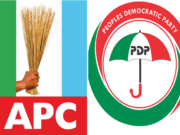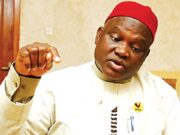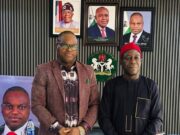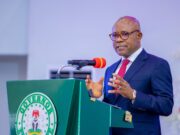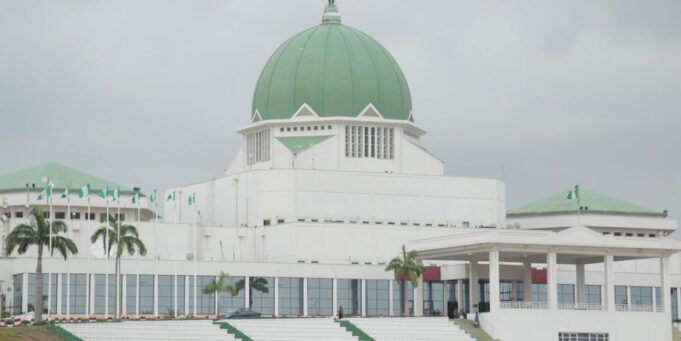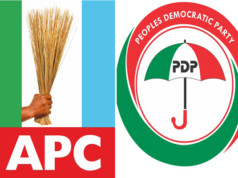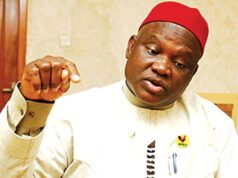The Inter-Party Advisory Council (IPAC) has called on the National Assembly to expedite the passage of a bill proposing 74 constitutionally reserved seats for women, aiming to boost female representation ahead of the 2027 general elections.
This demand was made during a two-day conference in Abuja, themed ‘Breaking the Barriers and Shaping Positive Attitudes Towards Inclusive Politics in Nigeria’.
The event, organized by the National Institute for Policy and Strategic Studies (NIPSS) in partnership with the IPAC Directorate of Women Affairs, brought together female political leaders to strategize on gender inclusion in governance.
IPAC’s National Chairman, Dr. Yusuf Mamman Dantalle, led the charge for legislative action.
“Accordingly, IPAC reiterates its call for the passage of the bill on the reservation of special seats for women in parliament, currently pending in the National Assembly. The bill seeks to create 74 seats for women to encourage greater female participation in politics,” Dantalle stated.
To institutionalize gender inclusiveness, IPAC announced the establishment of three directorates—Women, Youth, and Persons with Disabilities—within its organizational structure.
These arms are tasked with amplifying the voices of underrepresented groups in political discourse and party decision-making processes.
“In any democratic society, the active participation of women in politics is crucial to achieving inclusivity, equality, equity, and sustainable development,” Dantalle added.
The council reaffirmed its intention to lobby both the National Assembly and the Presidency to ensure the bill’s passage.
It also committed to strengthening female representation from the national level down to local party structures.
Beyond the gender reservation bill, Dantalle also advocated for swift action on the long-awaited Electoral Offences Commission bill.
“Council urges the National Assembly to also pass the Electoral Offences Commission bill into law to enable the prosecution of electoral offenders and their sponsors,” he said.
He further proposed that Nigeria consider implementing a single-day general election, as practiced in the U.S., Ghana, and Sierra Leone.
“A single-day election will reduce costs, minimise disruption, and address logistical challenges,” Dantalle noted.
Former Minister of Women Affairs, Pauline Tallen, echoed the urgency for structural reforms within political parties.
She recommended immediate constitutional amendments to reserve at least 50% of positions—both appointive and elective—for women.
“One solution I recommend is for all political parties to immediately amend their constitutions to create special seats for women. Parties should mandate the allocation of at least 50 per cent of appointments and elective positions to women,” she emphasized.
Tallen also pushed for the adoption of the “Zebra Policy,” which encourages alternating male and female candidates in party nominations.
“Since political parties are central to governance and policy direction, they must take the lead in addressing religious and cultural norms that hinder women’s involvement,” she said.
Appealing to national leadership, she urged both President Bola Tinubu and First Lady Oluremi Tinubu to champion the gender inclusion cause.
“President Bola Tinubu should lead the charge for gender inclusion. Mrs Oluremi Tinubu should use her position to champion the mainstreaming of women in Nigerian politics,” she urged.
Tallen expressed concern over Nigeria’s dismal global standing in female political representation, pointing out that women currently occupy just 4.2% of seats in the National Assembly.
This figure, she noted, pales in comparison to Rwanda, where women hold 64% of parliamentary seats.
“As the Giant of Africa, Nigeria must take the lead in gender mainstreaming and dismantling gender bias in politics,” she stated.
NIPSS Director-General, Professor Ayo Omotayo, also addressed the gathering, reiterating the institute’s commitment to supporting national dialogue.
He emphasized the danger of marginalizing women in governance, stating that such exclusion weakens democracy and hampers equitable leadership.
The conference concluded with a collective call from stakeholders for systemic reforms to remove barriers to women’s political participation and promote a more inclusive democratic process.



